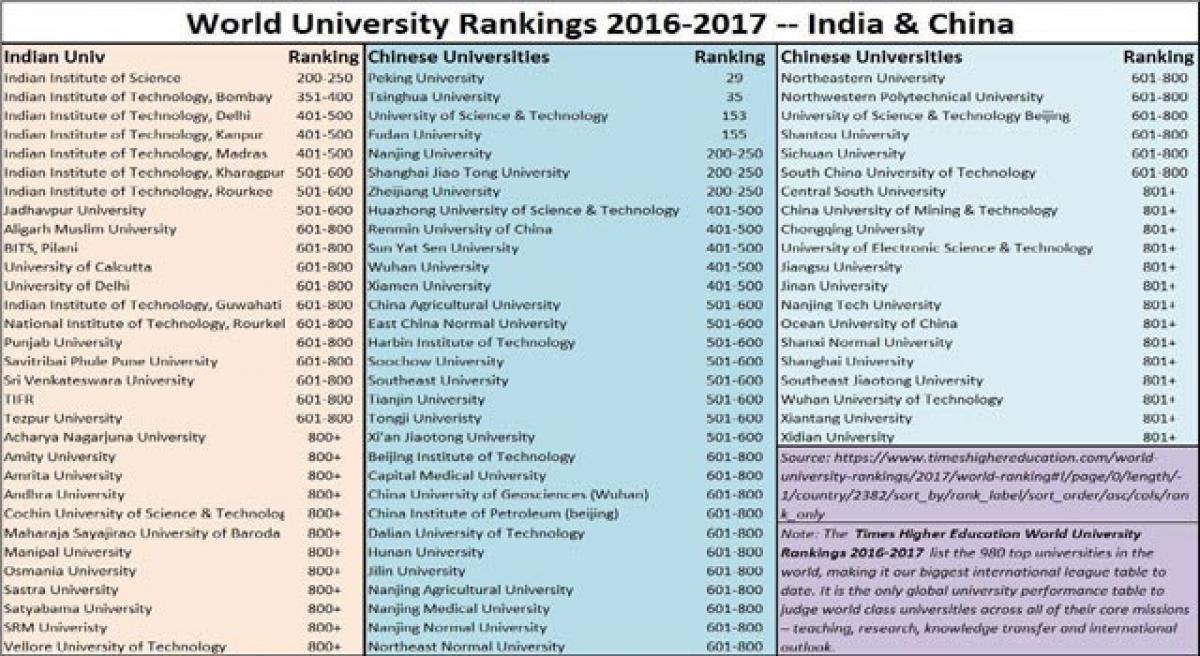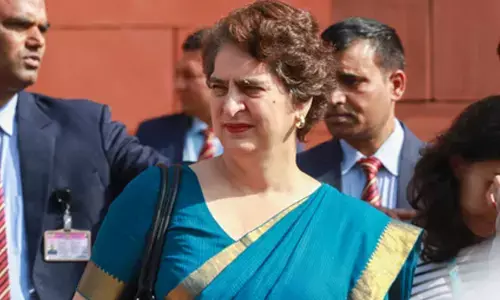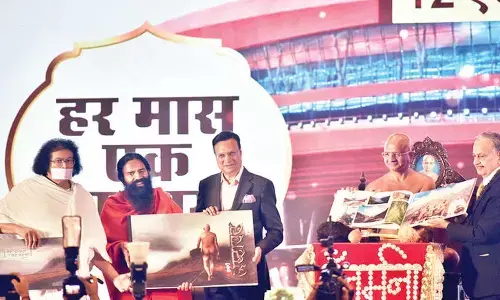Indian varsities remain global non-entities

Indian educational institutions have again had a poor run in global ratings with none, including the prestigious IITs, making it to the top 100 of the QS World University Rankings.
Indian educational institutions have again had a poor run in global ratings with none, including the prestigious IITs, making it to the top 100 of the QS World University Rankings. And experts are now rooting for a complete overhaul of the education system in a country that is home to nearly one-fifth of the world's population.
Only two institutions could make it to the top 200 universities of the QS Rankings – the Indian Institute of Science (IISC) in Bengaluru at 152, and the Indian Institute of Technology (IIT), Delhi, at 185. While there were four more IITs ranked among the 400 top universities, the other jewel in the crown of India's higher education system, the University of Delhi, didn't figure even among the top 500.
Experts attribute several reasons for such poor showing, from lack of competent teachers to shortage of funds. But for some, the reasons do not solely concern the quality of the institutions per se. "Two of the factors on which educational institutes are ranked are the number of foreign faculty and foreign students. We score zero on these two," Ramgopal Rao, Director, IIT-Delhi, told this correspondent.
He said ranking agencies were of the view that "if you are globally-reputed then why don't students and teachers flock to your places? And then you get marked down on the criterion of 'perception' as well". Rao said enrolling international students at the cost of domestic students was always a concern.
"But owing to the rankings pressure, from this year we are starting a special fee structure for foreign students, and JEE (Joint Entrance Exam) will be conducted in five different countries from next year. We are looking forward to hiring foreign faculty on contract basis as well, but the question about who will stay on at our salary standards remains," asked IIT-Delhi Director.
Jamia Milia Islamia Vice-Chancellor Talat Ahmed also underlined the same points even as he discredited the world university ranking system as prone to rigging and unsuitable for Indian educational institutes. "The criteria laid down by them (ranking agencies) are favourable to Western universities. America hunts its faculty from around the world, and scoops away the most brilliant of minds.
Moreover, good students who don't get accommodated here leave for Western countries. Both these work in their favour," Ahmed said. "We have ended up creating a few 'islands of excellence' in the country. That's all. But we are trying to change that. National Institutional Rankings Framework (NIRF) is a step in that direction," he said, referring to the internal assessment methodology of the Ministry of Human Resource Development adopted last year.
However, the assessment system is not in itself a panacea for all ills. As C Raj Kumar, Vice-Chancellor, OP Jindal Global University, said, global rankings cannot be ignored because "that will only reinforce our inability to focus on improving the quality of our higher education institutions. "The last decade has witnessed enormous progress in universities across Asia such as China, Hong Kong, Singapore, South Korea, Taipei and, of course, Japan. Unfortunately, India has not seen this improvement."
Raj Kumar also emphasised on the need to make our universities "completely autonomous and independent", and make provision for at least 10 per cent of foreign teachers and students. He welcomed the government's recent proposal of empowering 10 public and 10 private universities and making them world class.
Raj Kumar also suggested creating Special Education Zones (SEZ) – on the lines of Special Economic Zones – for building world-class universities in India. But several shortcomings of the Indian higher education system are not merely infrastructural but attitudinal as well, said Yugank Goyal, Associate Professor of Economics at OP Jindal Global University.
He said he had found Indian students reluctant to be academicians "because the job of teaching is not financially rewarding (and) the most talented pool of individuals gets scared away from this profession. As a result, we have to create an army of ad-hoc teachers in colleges. We are not sincere about education in India."
By Vishal Narayan














